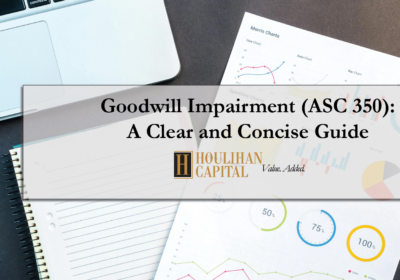On March 11, 2013, the Securities and Exchange Commission (“SEC”) announced that Oppenheimer Asset Management, Inc. and Oppenheimer Alternative Investment Management, LLC (“Oppenheimer”) have agreed to pay approximately $3.0 million to settle allegations that Oppenheimer misled investors about the valuation policies and performance of a private equity fund-of-funds.
The SEC filed an Assurance of Discontinuance in Suffolk Superior Court alleging that Oppenheimer disseminated misleading quarterly reports and marketing material. The SEC investigation alleged that Oppenheimer’s management misled investors of the Oppenheimer Global Resource Private Equity Fund I L.P. (“Oppenheimer Fund”) by stating that holdings were valued “based on the underlying managers’ estimated values.” The SEC, however, claimed that the portfolio manager of the Oppenheimer Fund significantly overvalued the largest holding in comparison to the underlying fund manager’s estimated value. The valuation markup increased the internal rate of return from 3.8% to 38.3%, for the quarter ended June 30, 2009.
Oppenheimer agreed to settle without admitting or denying the SEC’s allegations. George S. Canellos, the SEC’s acting director of enforcement, stated “honest disclosure about how investments are valued and how performance is measured is vital to private equity investors… This action against Oppenheimer for misleadingly writing up the value of illiquid investments is a clear warning that the SEC will not tolerate lax disclosure practices in the marketing of a private equity fund.”
The Oppenheimer case signals that many private equity fund managers have not dedicated the necessary resources to adhere to the stringent requirements set forth by recent legislation. With passage of the Dodd-Frank Act in July 2010, the SEC was given the power to more easily bring a claim against directors and officers for aiding and abetting a securities law violation. Prior to the Dodd-Frank Act, the SEC had to prove a director or officer had actual knowledge of a federal securities law violation in order to hold the director or officer liable. The Dodd-Frank Act substantially decreased the SEC’s burden of proof by proving the director or officer was “reckless” in not knowing of the violation. In effect, the SEC is now willing and able to pursue claims against directors and officers not for perpetrating frauds, but for making a mistake.
Under the securities laws, fund directors are responsible for determining fair value of fund securities for which market quotations are not readily available. The Oppenheimer directors delegated their valuation responsibility to a valuation committee without providing meaningful guidance on how fair valuation determinations should be made. The SEC claimed that, even in the case of such delegation, at a minimum, the directors themselves must “determine the method, understand the process and continuously evaluate the appropriateness of the method used.”
The SEC’s Office of Compliance Inspections and Examinations (“OCIE”) has named valuation practices as one of its areas of focus in both investment advisor and investment company examinations, and the SEC’s Fiscal Year 2012 Financial Report listed the “valuation of investments that are privately placed, thinly-traded, or otherwise difficult to value as a high-risk activity” being focused on by the Enforcement Division.
Best practices and procedures that can help meet greater SEC regulation and scrutiny include:
- Adoption of written/documented valuation policies and procedures;
- Improving internal systems for retaining and monitoring fund holdings data;
- Establishing an internal pricing committee;
- Maintaining an advisory board or committee;
- Continuous investment monitoring; and
- Appointing an independent third-party valuation provider.
For more information regarding Fair Value Best Practices and Implementation, please see Houlihan Capital’s white paper on Fair Value Best Practices and Implementation. For more information on independent third party valuation services, please visit www.houlihancapital.com, contact Paul Clark (pclark@houlihancapital.com) at 312-450-8656.
Houlihan Capital is a leading, solutions-driven valuation, financial advisory and boutique investment banking firm committed to delivering superior client value and thought leadership in an ever-changing landscape. The firm has extensive experience in providing objective, independent and defensible opinions of value that meet accounting and regulatory requirements. Our clients include some of the largest asset managers around the world, and private equity funds, hedge fund advisors, fund administrators, and other asset management firms benefit from Houlihan Capital’s comprehensive valuation and financial advisory services. Houlihan Capital is a Financial Industry Regulatory Authority (FINRA) and SIPC member, committed to the highest levels of professional ethics and standards.



